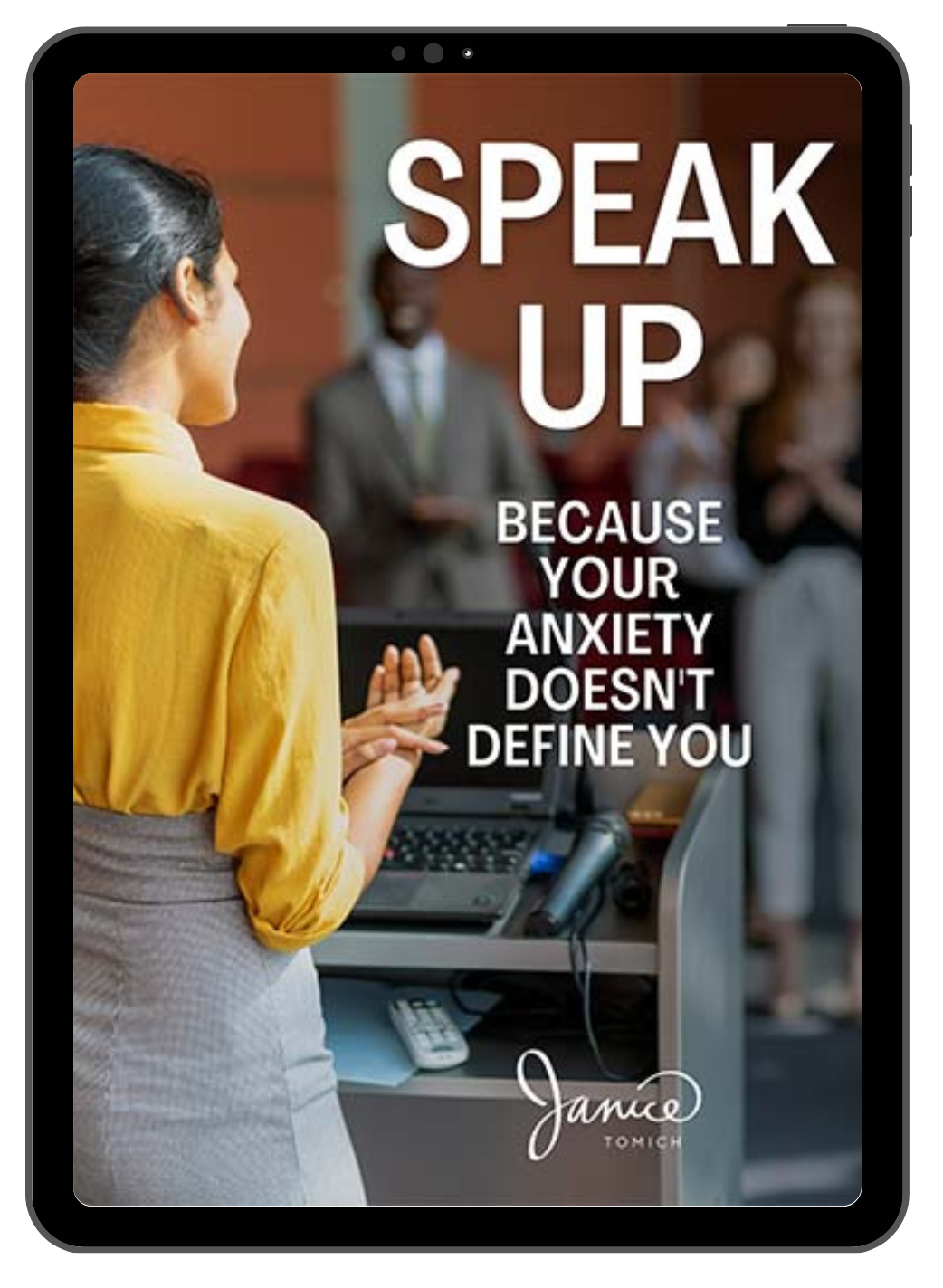When it comes to public speaking you may have heard that body language is more important than your content or words. However, it’s actually a myth that’s made the rounds so many times that it’s believed to be true.
The idea that body language commands the stage was taken from a study conducted by Dr. Albert Mehrabian in 1967. His communication study has often been misquoted and misinterpreted.
The Mehrabian Myth
From his study came the “Golden Rule” of human communication: the 7%-38%-55% rule. This communication rule consists of three elements:
- Words (words that are said)
- Tone of Voice (how the words are said)
- Body Language
Body language and tone of voice are often combined as non-verbal communication. This implies that 93 percent of communication consists of non-verbal communication.
However, on Mehrabian’s website, he himself debunks the communication myth:
“Please note that this and other equations regarding relative importance of verbal and nonverbal messages were derived from experiments dealing with communications of feelings and attitudes (i.e., like-dislike). Unless a communicator is talking about their feelings or attitudes, these equations are not applicable.”
Though he states that the study is only applicable when it comes to speaking about attitudes and feelings, the study has been used widely in communication and public speaking articles stating the importance of non-verbal communication.
If you’re feeling unheard or misunderstood, I can help.
Why Content Matters More Than Body Language
While body language is important when you’re delivering a presentation, your words matter too. And even more so than your non-verbal communication.
How often is it that you’re drawn into a presentation based on just the speaker’s tone of voice or hand gestures? A ‘performance’ gets tired fast and your audience will realize that your content is fluff quickly. As a public speaking coach, I’ve seen many a presentation fail when the speaker doesn’t take their content seriously and thinks they can ‘wing it’ with their delivery. It’s a recipe to set yourself up for a public speaking fail.
If you have an upcoming presentation and want to make sure your word are strong and persuasive get in touch. I’ll walk you through my easy Speech Framework to get you started.

